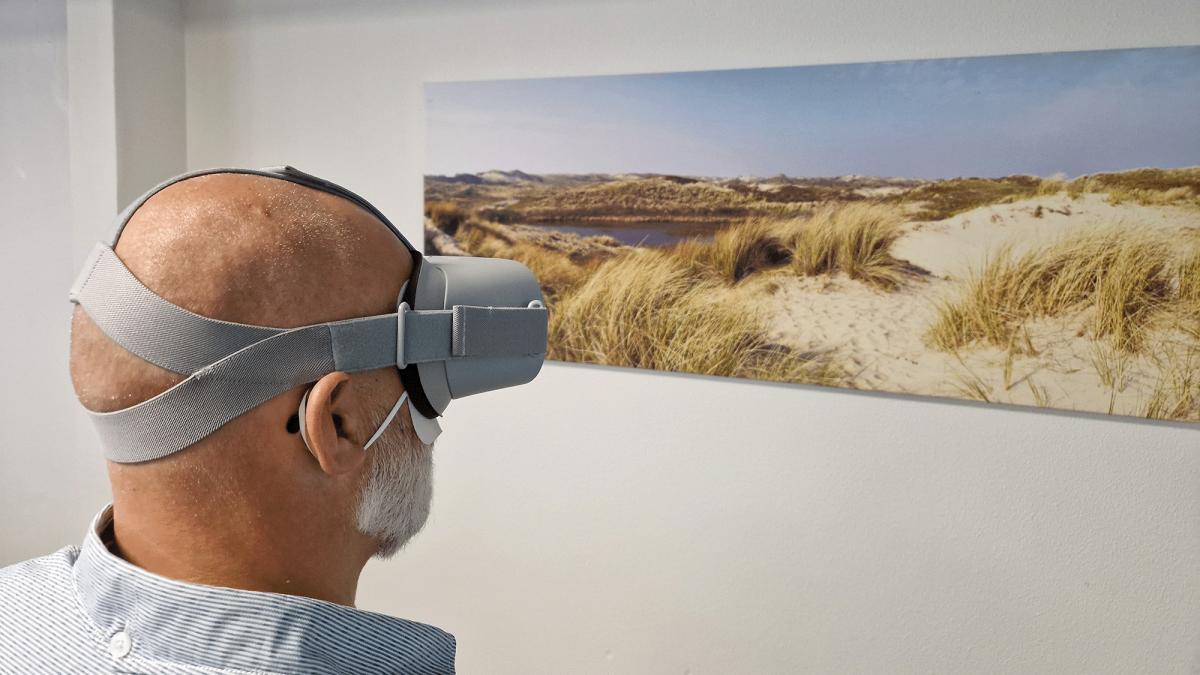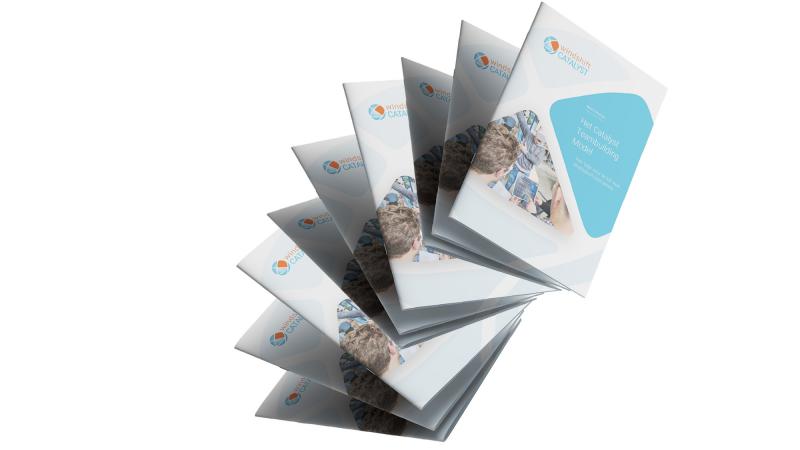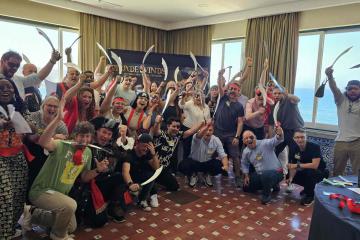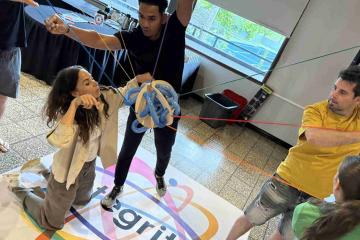Gartner is a leading agency that publishes actionable, objective insights for executives and their teams. A recent edition is about the future of work and the trends for 2024. In this article I provide a summary of these 9 trends so that you do not have to read the entire article if you do not have the time and/or inclination. You can find the entire article here
- Hybrid/Work-from-Home Model: Many employees have experienced the benefits of working from home during the pandemic and want to continue. Employers should reconsider the costs and benefits of working in the office versus working from home and develop strategies that support both approaches.
- Generative AI (GenAI): By 2025, GenAI will play a major role in text- and data-driven tasks. HR professionals should plan for integrating GenAI into their work processes and assess its impact on jobs and skills.
- Four-day Workweek: There is growing interest in a four-day workweek. It is important for HR to see how to implement this without impacting productivity, for example, by managing time more efficiently and adjusting work processes.
- Conflict Management: Effective conflict management is becoming an essential skill for managers, given the increasing ideological tensions in the workplace. HR can provide training and support in conflict management here.
- Risks of GenAI: While GenAI is promising, it also comes with risks, such as misinformation and privacy issues. Organizations must actively manage these risks.
- Skills over Diplomas: There is a shift towards skills-based recruitment. Less emphasis is placed on traditional academic qualifications. This presents great opportunities for HR to attract a broader range of talent.
- Climate Change and Employee Benefits: Organizations are likely to emphasise providing protection and support to employees in the face of climate change. Although this seems less applicable here in the Netherlands, international organizations will certainly have to deal with this.
- DEI (Diversity, Equity, Inclusion): DEI strategies are integrated across all business functions and processes rather than operating separately.
- Changing Career Paths: Traditional career paths are changing, emphasising flexible, non-linear career paths and skills development.
HR leaders must integrate these trends into their strategic planning to close talent gaps, manage conflict and promote strong work performance. It requires greater flexibility from both managers and employees to respond to the changes. Organizations that embrace these changes will be at the forefront of recruiting and retaining the best talent.
We would be happy to discuss how you can increase employee involvement or train skills in a playful way. Get in Touch





